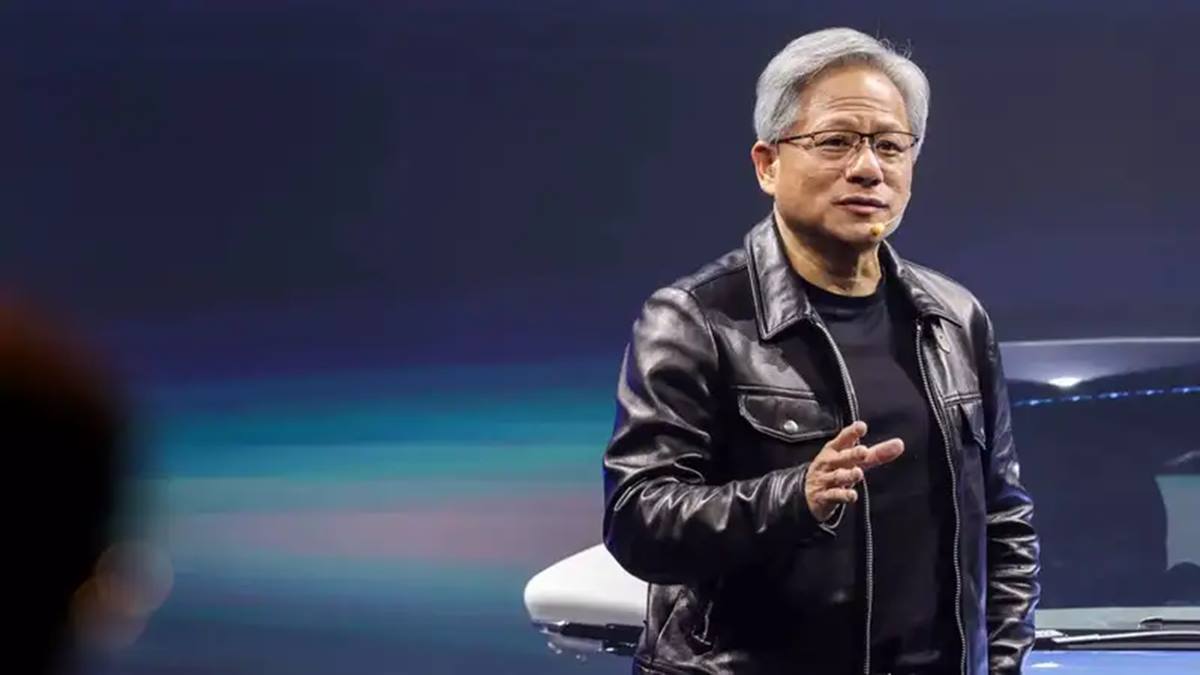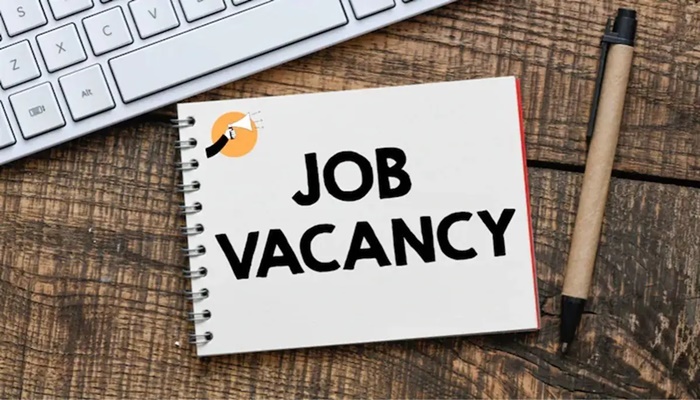McKinsey & Company will increase hiring of entry-level staff next year, countering predictions that artificial intelligence will cut graduate opportunities. Reuters reported that the consulting firm plans to expand its North American workforce by 12 per cent in 2026 compared with 2025.
Eric Kutcher, senior partner and chair of McKinsey North America, told reporters at the company’s media day in New York that McKinsey currently employs between 5,000 and 7,000 non-partner staff in the region. According to Reuters, Kutcher said that number could rise by 15 to 20 per cent over the next five years.
The Wall Street Journal reported that McKinsey continues to recruit actively on college campuses, underlining its commitment to hiring young talent despite economic uncertainty and advances in automation.
Kutcher said fears that AI would hollow out entry-level roles were misplaced. He told reporters: “What we will work on will still require the same level of intellect, the same level of pace, and it will be doing the things that you can’t do with machines.”
He added that younger employees often show greater fluency with technology, including AI tools, than more experienced colleagues. Kutcher said: “The 20-year-old econ major — I think they are way more in tune and fluent on the technology than is the 35-year-old person who’s been doing this for seven years.”
The Wall Street Journal noted that McKinsey’s stance comes at a time when the broader job market for office workers has cooled. Many companies have slowed or frozen hiring as they grapple with economic volatility, leaving graduates uncertain about career prospects.
By signalling that entry-level hiring will expand, McKinsey is diverging from firms that have scaled back recruitment. The the firm sees young consultants as critical to sustaining its project model, in which junior staff provide analytical capacity while senior partners manage client relationships.
Kutcher said he did not expect AI to trigger mass redundancies. He argued efficiency gains could instead free up capital for reinvestment. “I can’t think of any CEO that I’ve spoken to so far that gets excited about the cost-reduction side of this,” he said. “What they get excited about is how they can drive growth.”
He acknowledged that some companies might still trim costs, but emphasised that others would redeploy staff to new roles. Reuters quoted him as saying one chief executive admitted his company had reached peak hiring levels but still planned to reassign workers rather than cut jobs.
“I actually think this is a moment where we should see a level of productivity and growth that we have not seen yet that comes out of technology,” Kutcher said, according to Reuters.
The Wall Street Journal observed that consulting firms, including McKinsey, Bain and Boston Consulting Group, have long relied on steady intakes of entry-level staff to sustain their apprenticeship model. Many recruits spend several years at the firm before moving into corporate roles, creating alumni networks that reinforce client ties.
By maintaining graduate hiring even in the AI era, McKinsey is signalling that its model of training junior consultants remains intact. Analysts told the Journal that while AI could streamline repetitive tasks, client-facing work would continue to depend on human judgement.




















